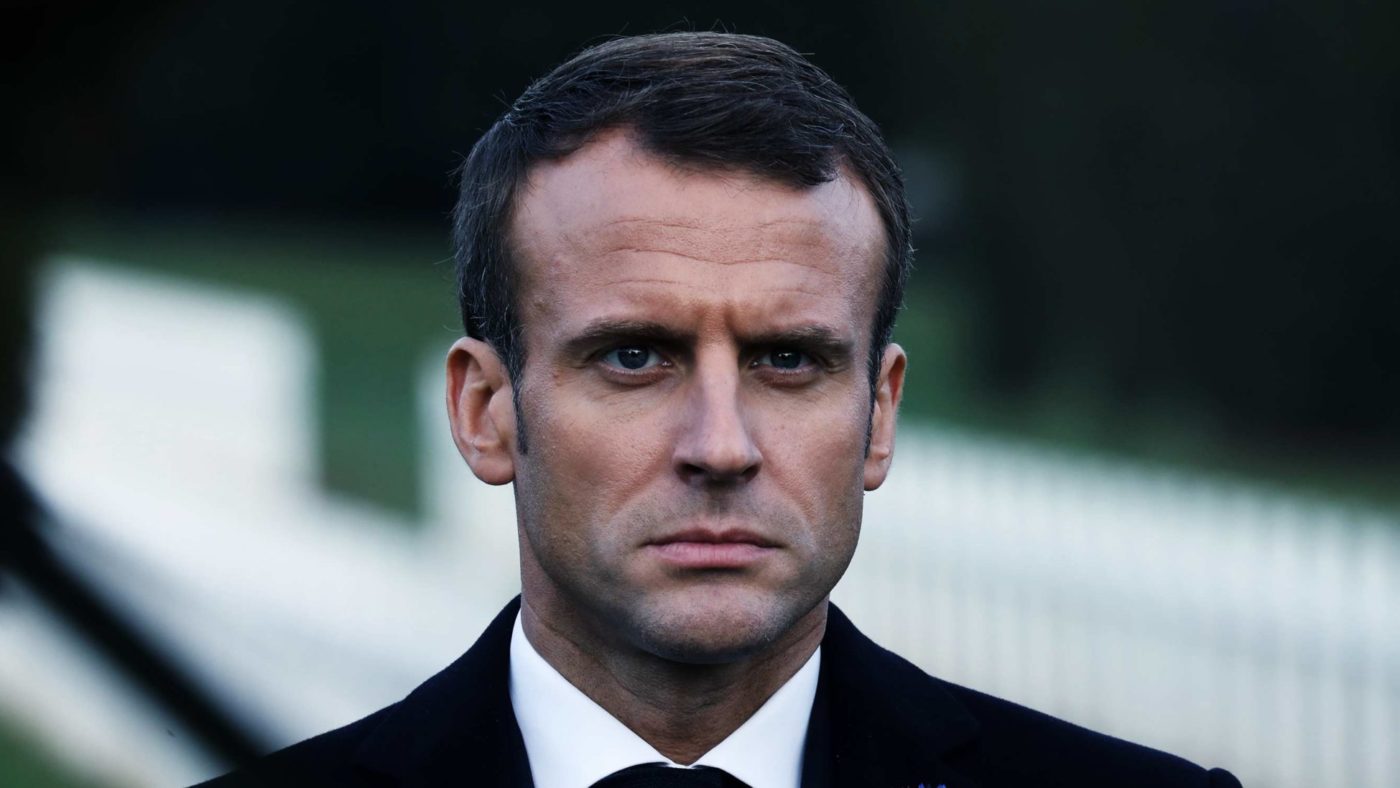When Irish Taoiseach Leo Varadkar came to office in June of 2017, he styled himself as the ‘Irish Macron’. A month earlier the French President had entered the Elysée Palace and was riding a wave of purpose and popularity. Nearly two years on, following a bruising encounter with the gilets jaunes protesting about French fuel taxes, it is Varadkar who could teach his French counterpart a thing or two about how to introduce a market-based solution to addressing climate change.
Varadkar’s Fine Gael party is one built on the idea of free trade and competition, which is why it’s no surprise the Irish government is seeking agreement on a new carbon tax by the end of this month which would see a rising levy on fossil fuels such as coal, oil, gas and peat.
Per capita, Irish people generate 13.7 tonnes of carbon a year, compared with an EU average of 8.7 tonnes. However, unlike Macron’s bungling of his carbon tax rollout, Varadkar is wisely seeking to return the raised revenue back to the people, to cushion the increased costs. As he explained, “I am of the view that a carbon tax is there for a reason; it’s an environmental tax designed to change behaviour. It’s not designed to take money out of your pocket.” The income will be returned either by a direct payment to citizens or through increased tax credits and the welfare system.
This is smart policy and smart politics, compared to Macron’s ham-fisted approach. His mistake was to combine a carbon tax, which fell hardest on the rural poor who have old cars and still heat their homes with fuel, with a tax cut for the richest in France. For a man who claims to understand his people, this was a flare-up he should have seen coming. Compounding the problem was that of the 10 billion euros raised in 2018 from the carbon tax, only two billion was spent on the low carbon energy transition. This included infrastructure spend such as electric vehicle charging points, rather than direct support for those hit hardest.
It’s no surprise that talk of a new tax won’t go down well before the ‘climate cheque’ arrives in the post. The Irish Daily Mirror is already railing against it and the ‘Tory Boy Taoiseach’. But it’s worth looking at the Canadian province of British Columbia for probably the best example of a revenue neutral carbon tax. It was introduced in 2008 by the centre-right Liberal Party, to opposition from the centre-left New Democrats. However the scheme now receives majority public support, as the Liberals went on to win the next three general elections and the opposition has been converted.
While the gilets jaunes were causing havoc in the French capital, ministers from around the world were meeting in Poland’s coal mining region of Silesia to agree the rules on how to apply the Paris climate accord which comes into effect in 2020. At the gathering more than 50 heads of state, including Theresa May, signed the ‘Solidarity and Just Transition Silesia Declaration’, aimed at addressing some of the issues raised by the French protests, namely that the coming transition needs to unlock new jobs and deliver a decent quality of life.
Britain’s own market mechanism, the carbon floor price, has actually positioned the UK as a model of how this transition can be done. Last week, figures from the analysts Carbon Brief showed that, in 2018, a third of the UK’s electricity demand was met by renewables. When other low-carbon sources, such as nuclear, were included the figure rose to 53 per cent. Coal, without which we were once told the lights would go out, is now down to a record low of just 5 per cent and will be phased out completely by 2025.
Not only is the transition underway, it is also much needed. Ten climate-driven events in 2018, including Hurricanes Florence and Michael in America and the heatwave in Europe, cost $85 billion in damage. If climate change goes unchecked these costs will only continue to rise, putting greater pressure on public and private finances just as the world needs to shift to cleaner sources of energy.
Despite Macron’s mishandling, putting a price on emissions is the sensible approach, one that leaders like Varadkar are right to follow. They just need to avoid his political mistakes and ensure the market can be allowed to help accelerate the low carbon revolution.


